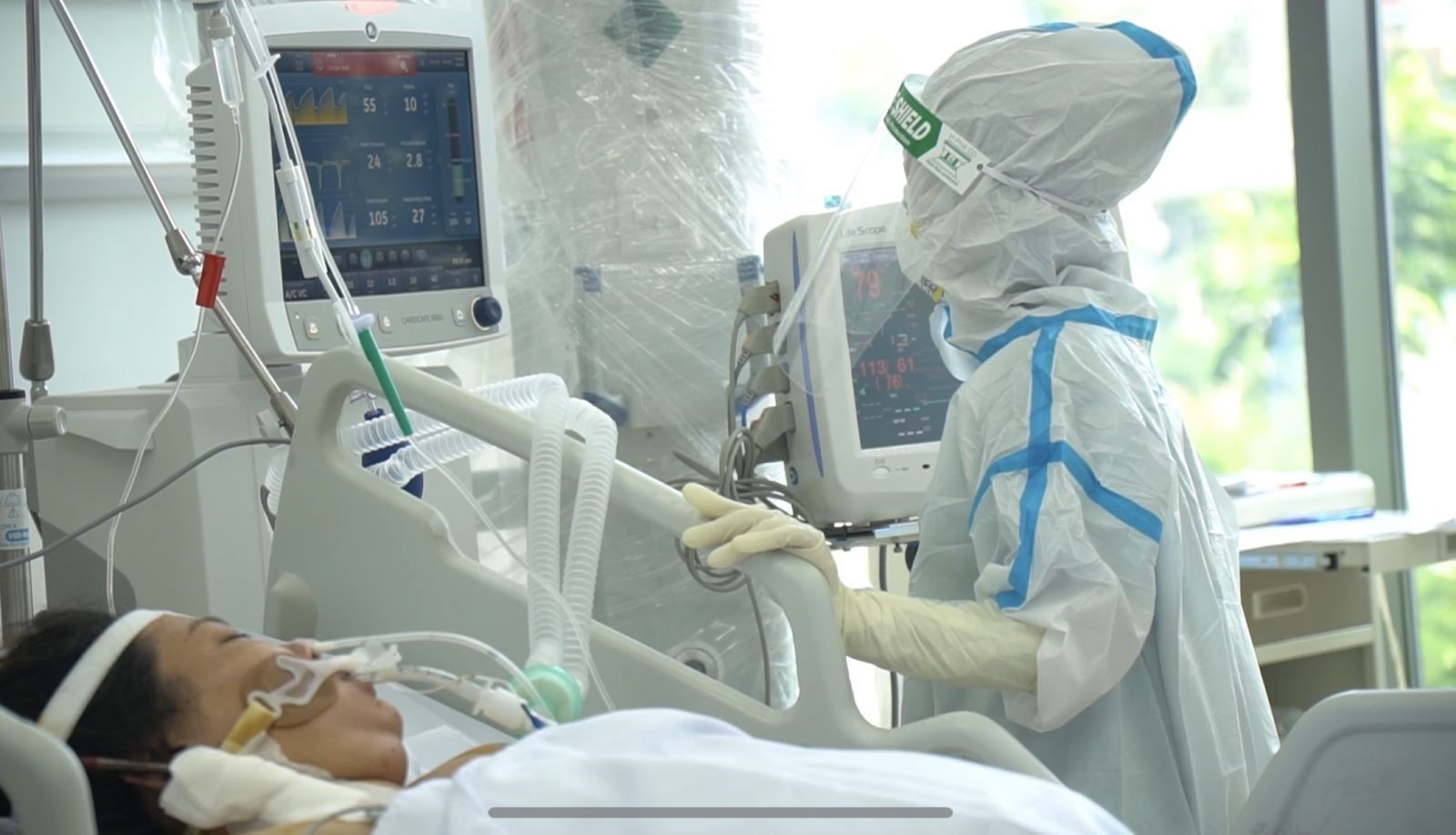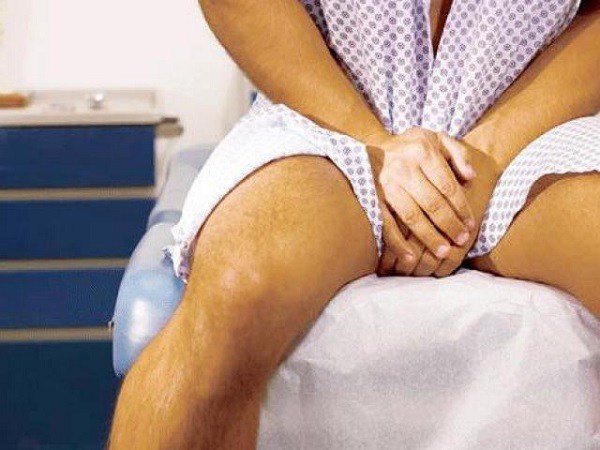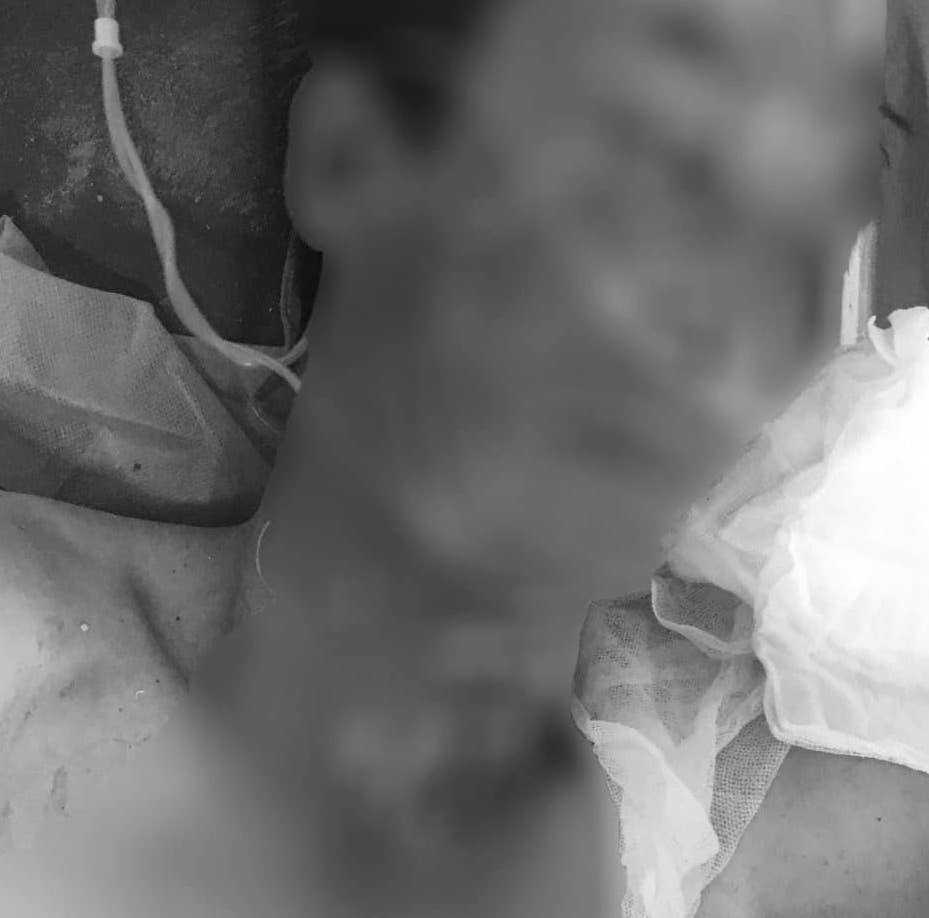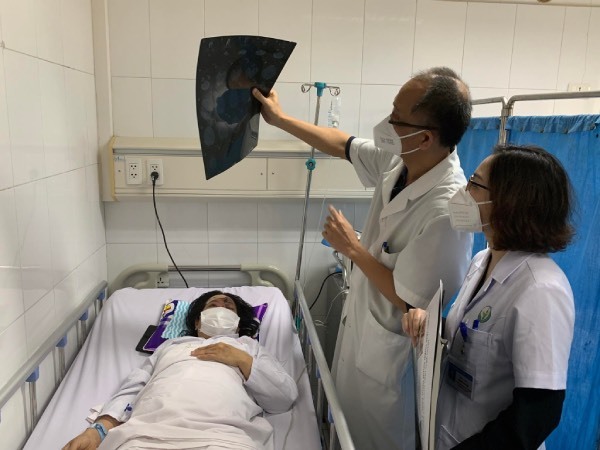Turning Covid-19 into a common infectious disease, how to deal with F0?
Mar 22, 2022 13:52 GMT+7
According to regulations, if the Covid-19 disease turns to group B, patients with health insurance will be covered by insurance, while those without insurance will have to pay out of pocket for treatment.
Assoc Up to this point, there are not enough conditions to bring Covid-19 disease to group B. Because in fact, Covid-19 disease is still the most dangerous, especially for vulnerable people, the risk of getting worse if transferred to group B will be disrupt the patient’s life.
Therefore, even in the US, people only apply anti-epidemic measures to minimize disturbance to people’s lives from living to working.
Assoc. For those without conditions, this will be a challenge for them. Because emergency treatment and resuscitation for Covid-19 patients is still extremely expensive.
Sick people will not need to isolate, isolate them to work completely normally without anyone being able to sanction or impose their travel ban – this can spread the disease even more because of the fact that With new strains of Covid-19, the rate of transmission is inherently fast, and adding the disease to group B, the risk of increasing the number of cases will exist.
At that time, the elderly and people who have not been vaccinated will be at risk of becoming seriously ill, challenging the treatment facilities and the pressure of funding and treatment costs for patients.
Since the onset of the Covid-19 epidemic, patients with health insurance have been covered by the health insurance fund, while those without budget insurance have to pay the costs.
Up to now, millions of Covid-19 patients who have been treated at the hospital have safely returned and there are patients with successful treatment costs of up to billions of dong, both from the state budget and health insurance.
Assoc. .
Assoc. Prof. Dr. Tran Dac Phu, former Director of Preventive Medicine Department, Ministry of Health also said that if moving from infectious disease group A to B, in addition to the change in terms of payment of treatment costs for patients, the level and risk of the disease are not large anymore, the response solutions are not as strict as group A. At that time, we will have to review the process from detecting, monitoring, isolating and even treating the patient.
 |
| Patients treated for Covid-19. |
Currently, according to regulations on group B infectious diseases, patients will be flexibly “behaved” according to each disease aspect. For infectious diseases with effective vaccines, only vaccination is needed. For example, some childhood infectious diseases (group B) have been vaccinated against diseases and vaccination is included in the Expanded Program on Immunization (free of charge); or a disease that has a good cure, only treatment medicine is needed, such as HIV, AIDS, etc.
With unvaccinated diseases such as hand, foot and mouth disease, the patient will have to be isolated to avoid spreading to the community and will be treated according to the symptoms of the disease.
The isolation and arrangement to receive patients at medical facilities depends on the progress, nature and extent of the disease.
According to PGS Dung, businesses want to bring Covid-19 to group B, but in terms of public health, PGS Dung believes that group A should be left and flexible with epidemic prevention measures to help restore the economy, without affecting the economy. affect people’s lives.
Therefore, to put Covid-19 in the group of infectious diseases such as seasonal flu, chickenpox… needs time and adequate research.
Group B infectious diseases include: Adenovirus disease (Adenovirus), viral disease that causes acquired immunodeficiency syndrome (HIV/AIDS), diphtheria, influenza, rabies, whooping cough, tuberculosis, human streptococcal disease, amoebic dysentery, bacillus, mumps, dengue fever), dengue fever, malaria, typhus, measles, hand and foot disease -oral, anthrax, chickenpox, typhoid, tetanus, Rubeon’s disease, viral hepatitis, meningococcal meningitis, viral encephalitis, spirochetes, Diarrhea caused by Rotavirus.
Khanh Chi
at Blogtuan.info – Source: infonet.vietnamnet.vn – Read the original article here



